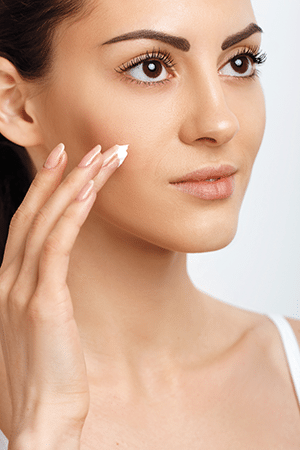You don’t need to consult a calendar to know it’s winter—you can feel it right before the first frost. “The cold, dry air can really take a toll on skin and hair,” says dermatologist Elizabeth Gaines-Cardone, M.D., of Connecticut Dermatology Group in Stamford, CT. Dwindling moisture levels can make you “more susceptible to eczema, infection and inflammation,” says Cardone. It can also lead to brittle hair and nails.
Changes often pop up on your complexion first. “Our skin is an incredibly sensitive organ, and communicates with the surrounding environment,” notes dermatologist Rachel Nazarian, M.D., of Schweiger Dermatology Group in NYC. “The air has less moisture during winter, so it steals moisture from our skin to compensate.” But it’s not a losing battle. Instead, Dr. Nazarian says it’s “absolutely” possible to get ahead of and prevent dryness. It all comes down to strengthening your top layer—or skin barrier—to limit the amount of hydration lost to the dry atmosphere, she says. “The better your skin’s natural barrier, the less moisture you’ll lose, and the more hydrated your skin remains.”
Here’s how to build a head-to-toe routine that can withstand the seasonal elements.
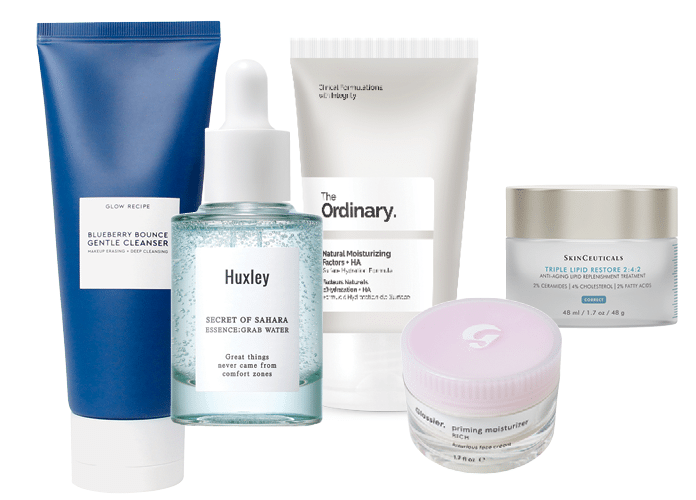
 SAVE FACE
SAVE FACE
Come clean, carefully. Start using a gentle cleanser that doesn’t strip the healthy oils and fatty acids naturally found in skin. “Using harsh cleansers and scrubs and skin brushes can alter your pH and trigger and inflammatory response under the skin, that leads to symptoms such as red, dry, itchy skin,” says Dr. Nazarian.
Try: Dove Sensitive Skin Beauty Bar, $9.49 (for six bars), CVS, Riverside, CT; or (A) Blueberry Bounce Gentle Cleanser, $34
Soak up more H20 with a toner or an essence. These thin liquids add extra moisture, “preparing the skin to effectively absorb the ingredients found in your other products better,” says Dr. Nazarian. Look for hydration-boosting ingredients like hyaluronic acid, argan or rose oil, which “aid in maintaining a healthy skin barrier,” says Dr. Nazarian.
Try: (B) Huxley Grab Water Essence, $58
Supercharge your creams. Ceramides and hyaluronic acid help build stronger skin cells and draw in moisture deep down, according to Dr. Nazarian. “Studies have shown that strengthening skin on a cellular level decreases water loss and enhances water retention.” Hyaluronic acid is a powerful humectant that can hold up to 1,000 times its weight in water while ceramides are lipids or fats naturally found in the skin and help maintain the skin barrier, says Dr. Gaines-Cardone. A high-quality moisturizer will not only help your skin feel better, but also look better. “You don’t want makeup settling in those lines, so you want to use a good moisturizer to plump them up,” says Kim Nichols, MD, founder of NicholsMD of Greenwich and board-certified dermatologist.
Try: (C) The Ordinary Natural Moisturizing Factors + HA, $7.70; (D) Skinceuticals Triple Lipid Restore, $127, available at NicholsMD; or (E) Glossier Priming Moisturizer Rich, $22
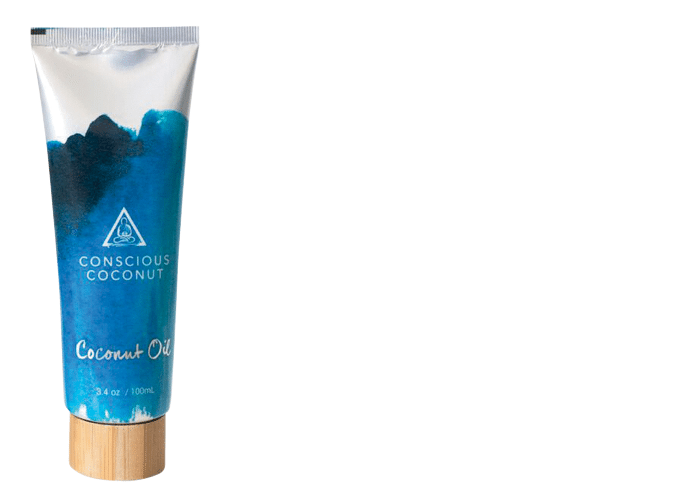
 HEAL YOUR BODY
HEAL YOUR BODY
Lay it on thick. Due to changes in skin density and texture, “it’s important to have different creams for your face and body,” says Dr. Gaines-Cardone. Your limbs often need balms and creams with a richer consistency than what you’d apply above the neck. For super dry, cracked areas, try coconut oil.
Try: (F) Conscious Coconut Oil, $17
Speed relief. Whatever remedy you apply, get it on your body fast after a shower or bath. “Product absorption through skin is maximized when skin is slightly damp, but that window is short,” says Dr. Nazarian, noting you should aim to get any product rubbed in within 10 minutes.
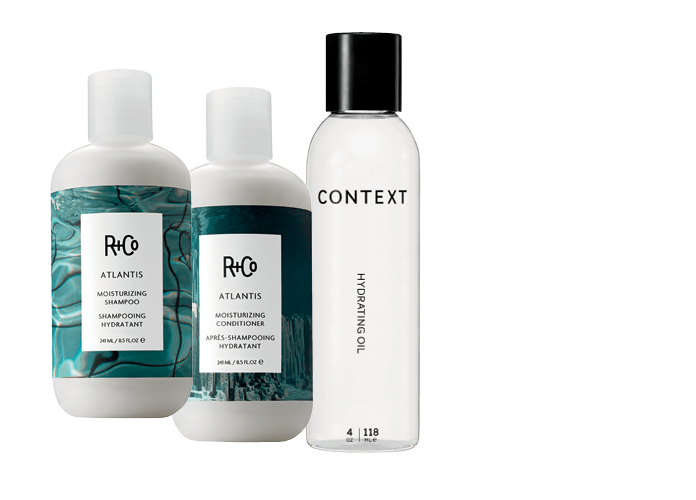
 QUENCH YOUR HAIR
QUENCH YOUR HAIR
Invest in oils. “Shampoos are best when they contain lightweight oils that help smooth the hair cuticles and shaft and act as a shield from dry, winter air,” says Dr. Nazarian. Also, consider low-lather options that “are less likely to strip natural hydrating oils from your hair,” she adds. Then stretch out your shampoo sessions to every few days. “The less water, the less soap, the better,” says Dr. Gaines-Cardone. Finish with a conditioner that contains fatty acids to further protect your mane.
Try: (G) R+Co Atlantis Moisturizing Shampoo and Conditioner, $28 each
Go for a deep treatment every few weeks. “Something as simple as a coconut oil mask can really restore hair moisture,” says Dr. Gaines-Cardone. And “argan oil can also boost moisture and shine in otherwise dull and lifeless hair.”
Try: (H) Context Hydrating Oil, $20
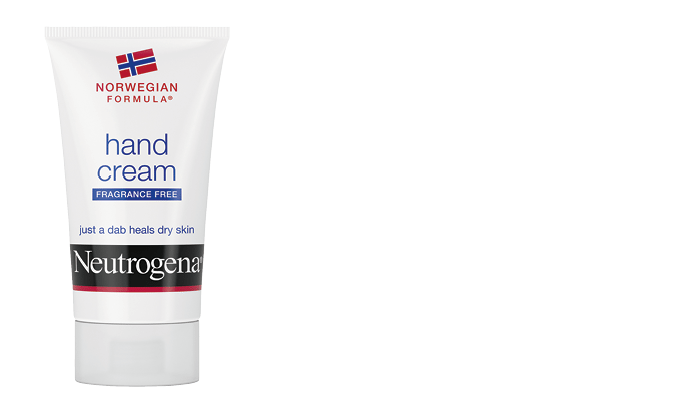
 HELP YOUR HANDS
HELP YOUR HANDS
“Your hands and nails take a real beating in winter,” says Dr. Gaines-Cardone. The combination of arid air and antibacterial soaps can up your risk for developing cracking skin, eczema and rashes. Dr. Nazarian advises patients to use a cream twice daily. If that’s not possible, choose a heavy-duty glycerin-enriched hand cream before bed, says Dr. Gaines-Cardone. And don’t forget the sunscreen, says Dr.
Nichols. She recommends applying a broad
spectrum one to hands and face 30 minutes before going outside.
Try: (I) Neutrogena Norwegian Formula Hand Cream, $4, Walgreens, White Plains, NY; EltaMD Clear sunscreen, $32, available at NicholsMD
MEET THE EXPERTS

Elizabeth Gaines-Cardone, M.D.,
of Connecticut Dermatology Group in Stamford, CT

Rachel Nazarian, M.D.,
of Schweiger Dermatology Group in NYC

